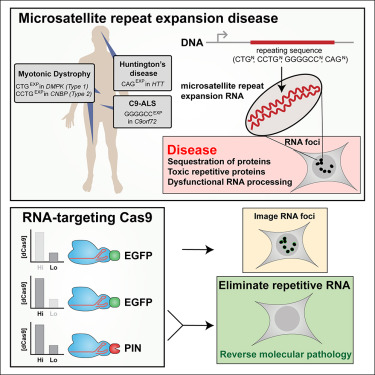Electrically controlled DNA robot arm is 100,000 times faster – millisecond moves enable molecular factories
Scientists at the Technical University of Munich (TUM) have developed a novel electric propulsion technology for nanorobots. It allows molecular machines to move a hundred thousand times faster than with the biochemical processes used to date. This makes nanobots fast enough to do assembly line work in molecular factories. The DNA nanobot is shaped like …











